Have you ever wondered why we love - taking a walk in the park, prefer a window seat or going on a vacation to the mountains ?
Biology has an answer for this : Biophilia
Biophilia is a concept for our instinctual desire for nature.
The concept was named by an influential biologist Edward O. Wilson, is derived from the Greek words ‘bios’ (organic life) and ‘philia’ ( love).
Biophilia hypothesis suggests that humans possess an innate tendency to seek connections with nature and other forms of life.
While the term is not too well-known, the concept is still very pervasive: people are willing to pay higher prices for real estate closer to lakes, beaches and parks, for high-rise views over cities and forests, or a mountain vista.
We all can't afford the houses near the lakes or beaches, but can definitely bring nature indoors. Indoor houseplants are the easiest way to bring nature indoor.
To know more about using biophilic design to heal body, mind, and soul:
Why Indoor Plants are a best way to bring Nature home ?
Stress relievers :
Plants are more than just decoration. They make our lives brighter simply by being in a room with us, on our window sills, or in balcony gardens. Research shows that because we have such a strong positive association with plants, their absence in our lives can actually cause physical and mental stress.
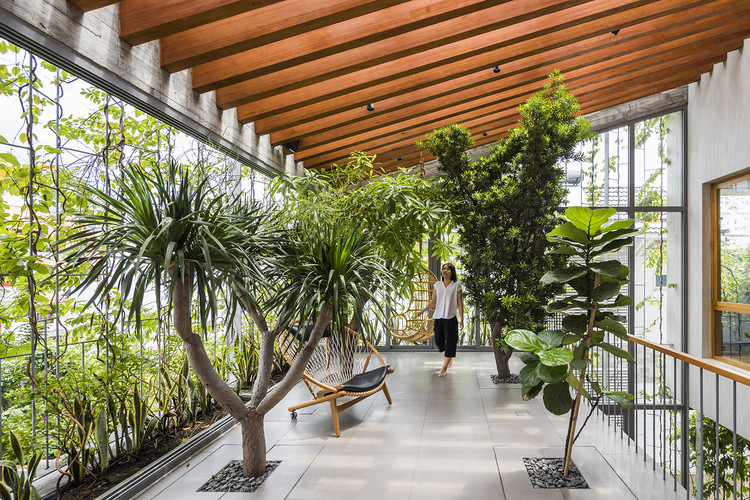
Air purification :
Indoor plants reduce components of indoor air pollution, particularly volatile organic compounds (VOC) such as benzene, toluene, and xylene. The compounds are removed primarily by soil microorganisms.
Some tests of benzene purification by houseplants noticed that plants can makeup and convert benzene, then transform it to a carbon use for future use.
Plants can also remove carbon dioxide, which is correlated with lower work performance, from indoor areas.
Plants also appear to reduce airborne microbes and increase humidity.
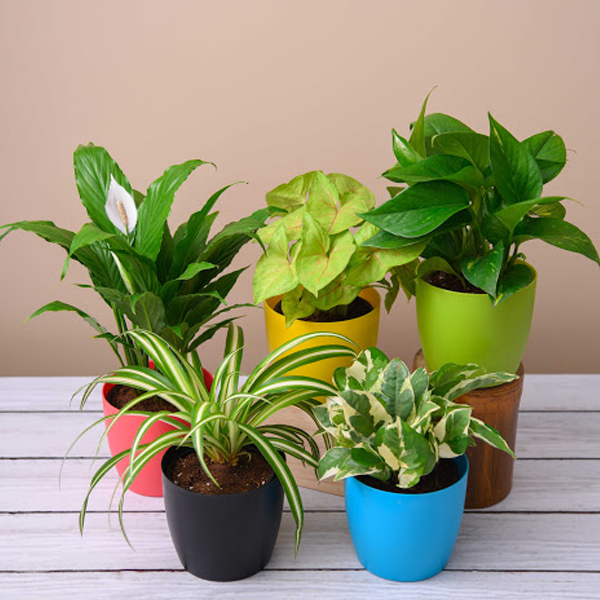
Positive Psychological effects :
A 2015 study showed that active interaction with houseplants "can reduce physiological and psychological stress ".
It also explains why gardening and spending time outdoors can have healing effects.
Having plants in indoor living areas can have positive effects on physiological, psychological and cognitive health.
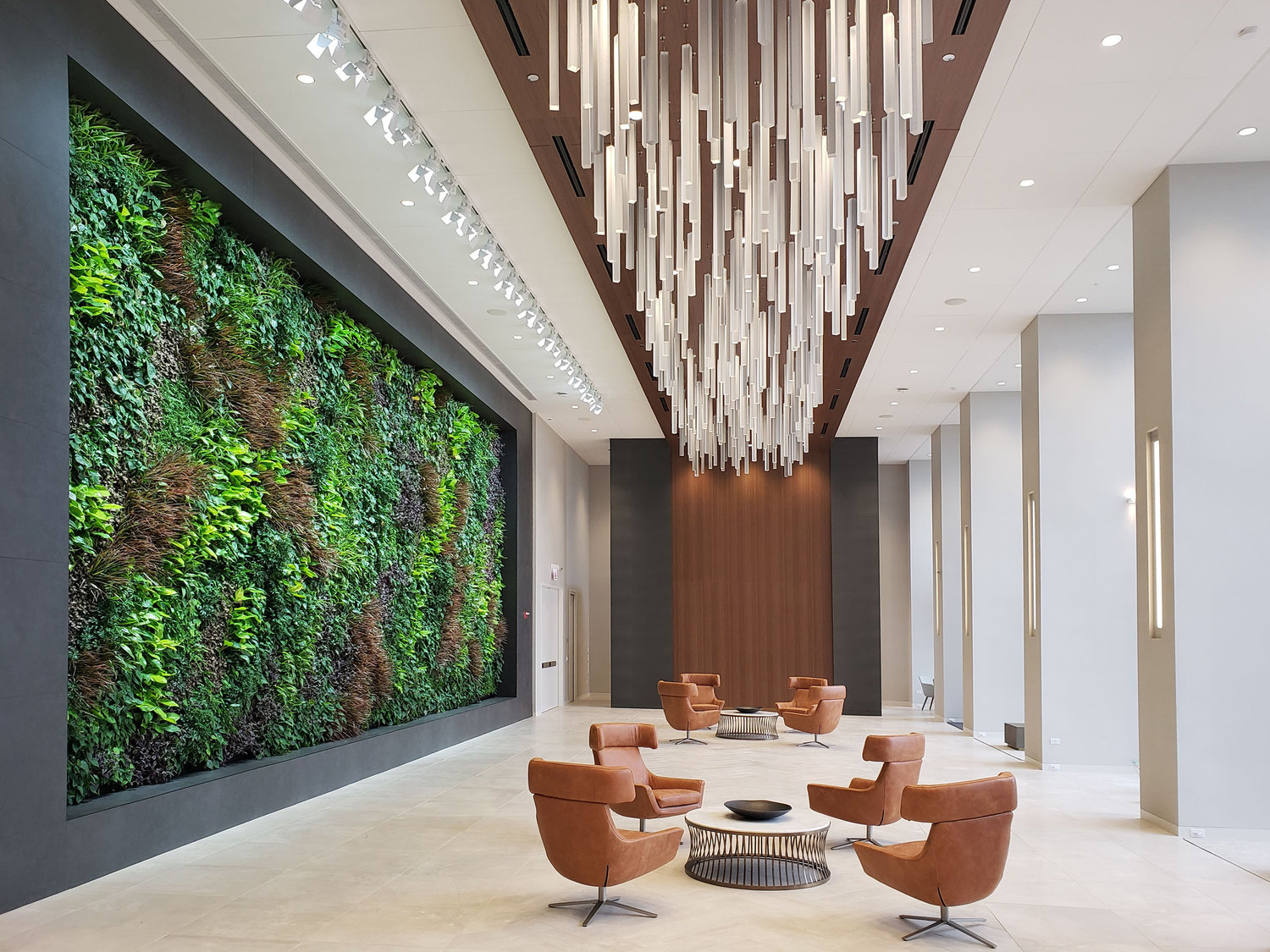
Today, people spend more time inside of buildings than ever before, especially in urban areas, which drastically reduces our interactions with nature, including open skies, fresh air, and lush greenery.
With limited access to forests, gardens and even backyards, our only means of spending quality time in nature is having indoor plants in our homes and offices .
The practice of collecting and caring for indoor plants is increasingly popular, but there’s nothing new about the human impulse to keep houseplants.
What is new is the science that finally confirms what we already knew: plants make our lives happier and our minds healthier.
Related blogs
Plant ideas for your office space are here :https://nurserylive.com/en/blog/the-power-of-positivity-why-plants-are-a-perfect-fit-for-the-workplace-1-2-202003300731
NASA's top air purifier for your indoors are here : https://nurserylive.com/en/blog/28-best-air-purifying-plants-according-to-nasa
You can buy best indoor houseplants here: https://nurserylive.com/en/plantscaping-in-india/plants-packs-by-features/indoor-plants-packs
References :


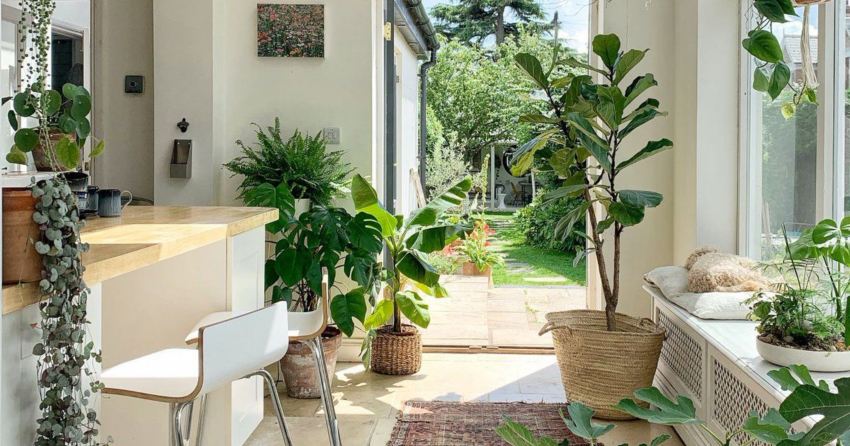




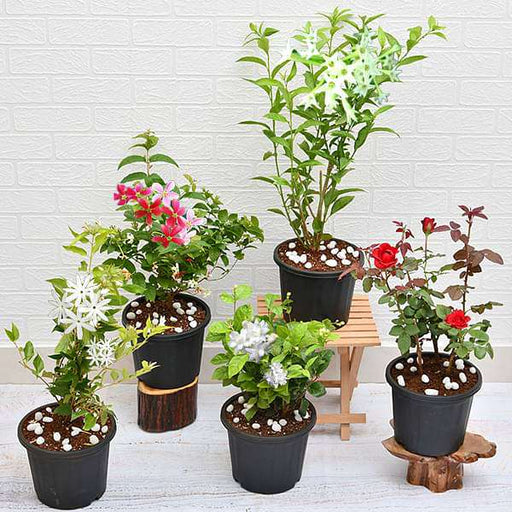
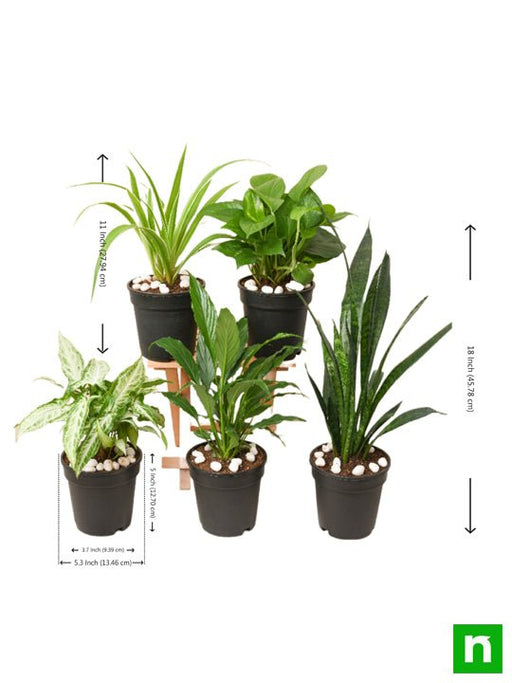
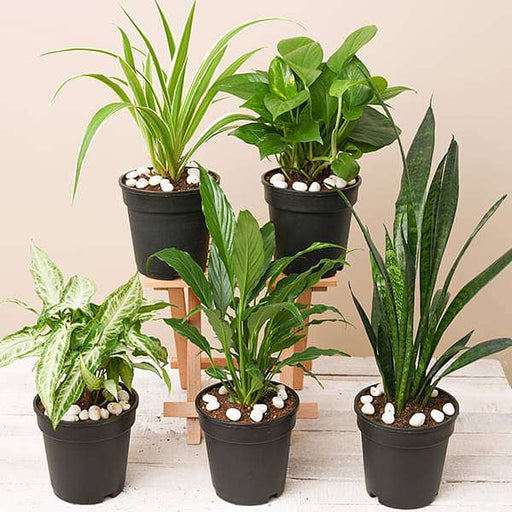
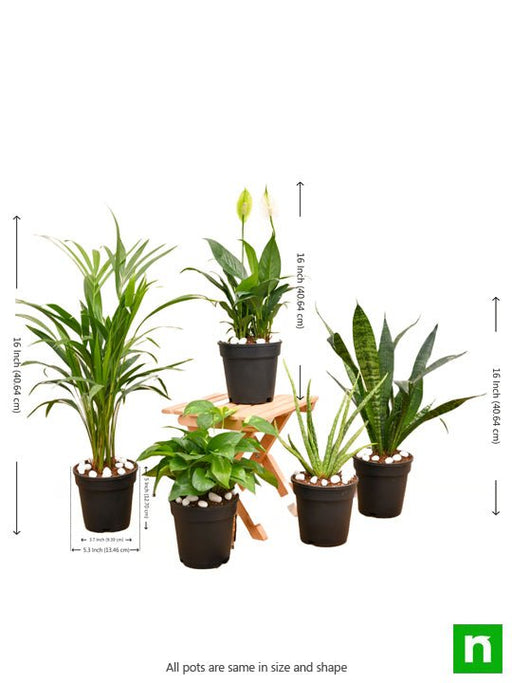
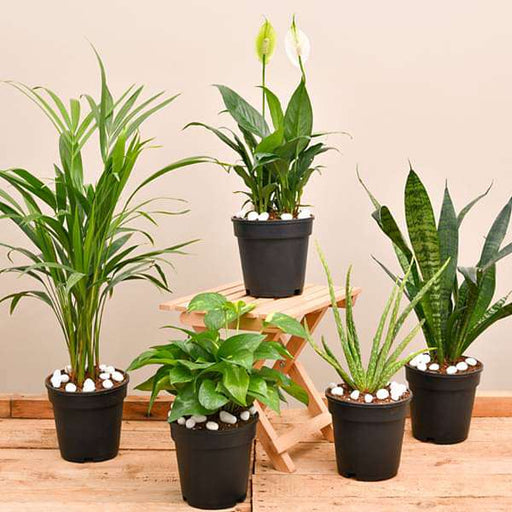
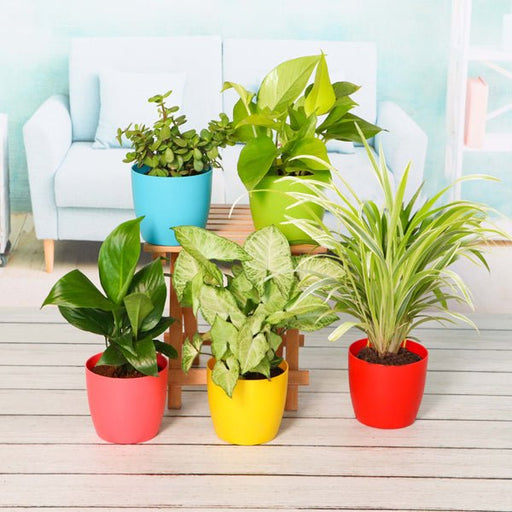
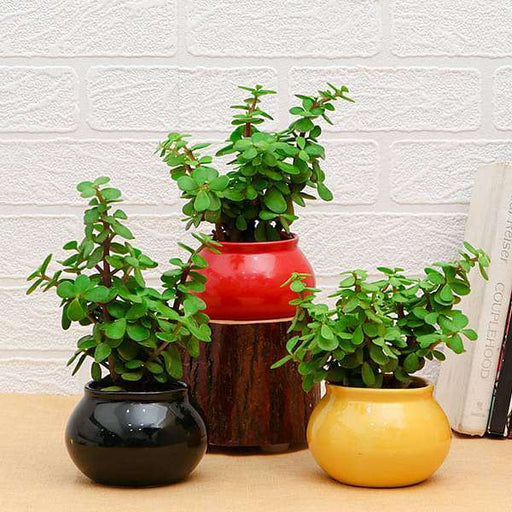
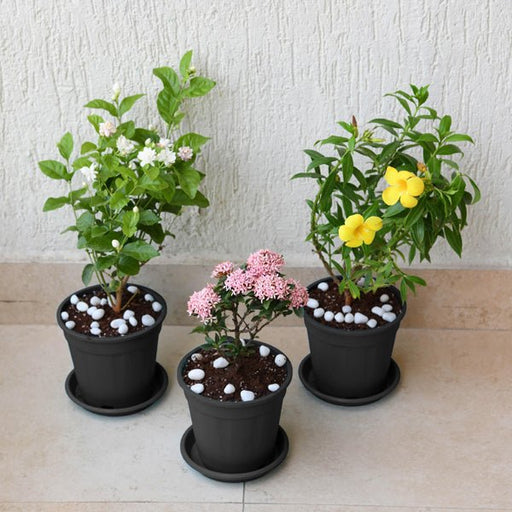


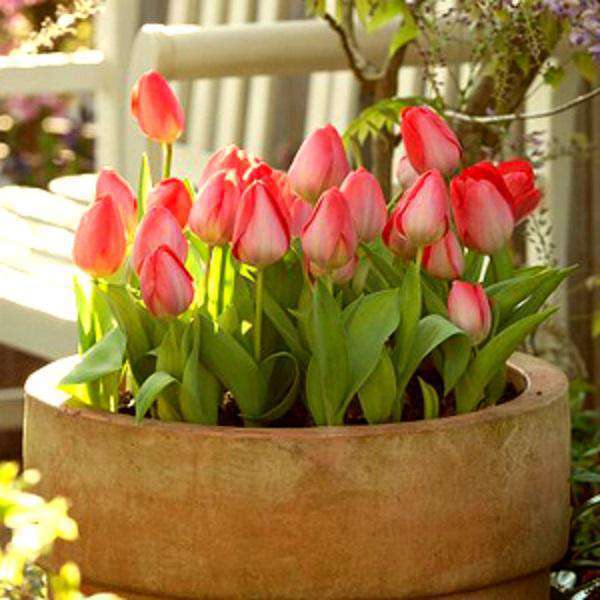

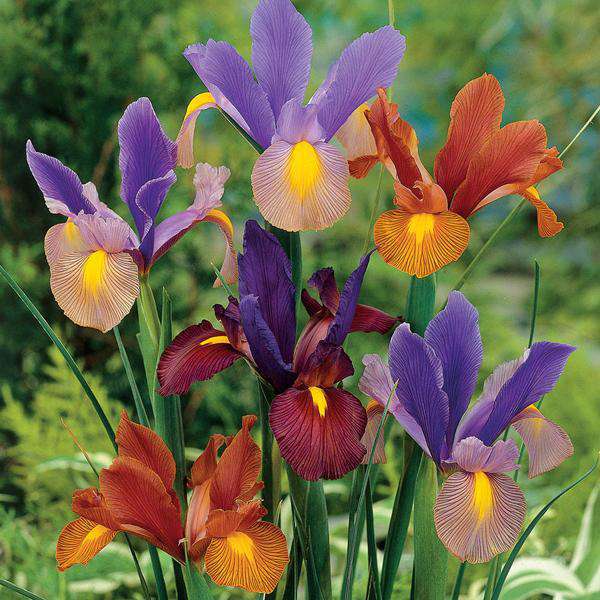
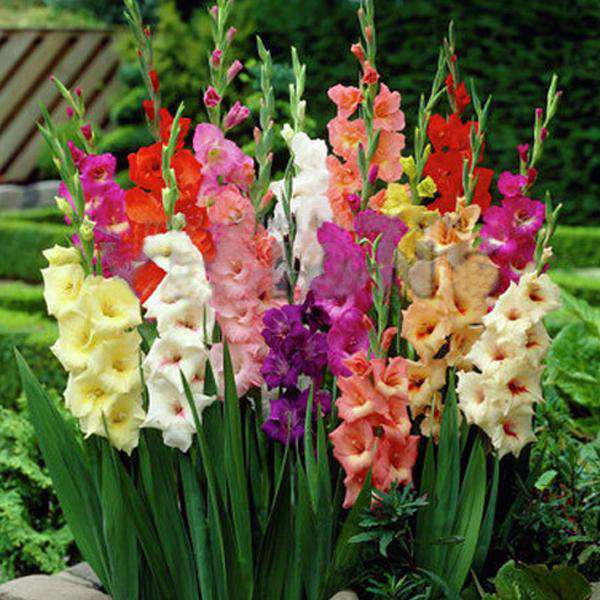
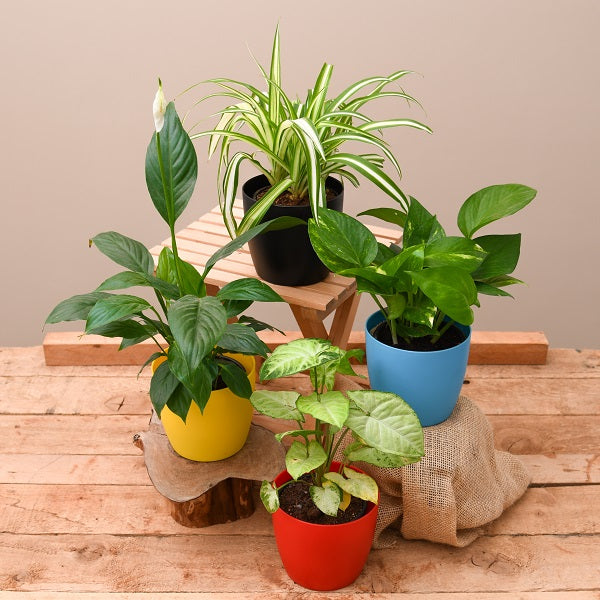

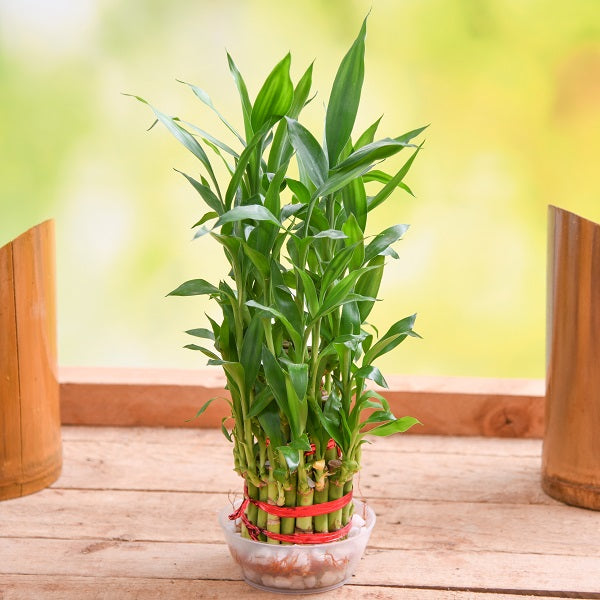



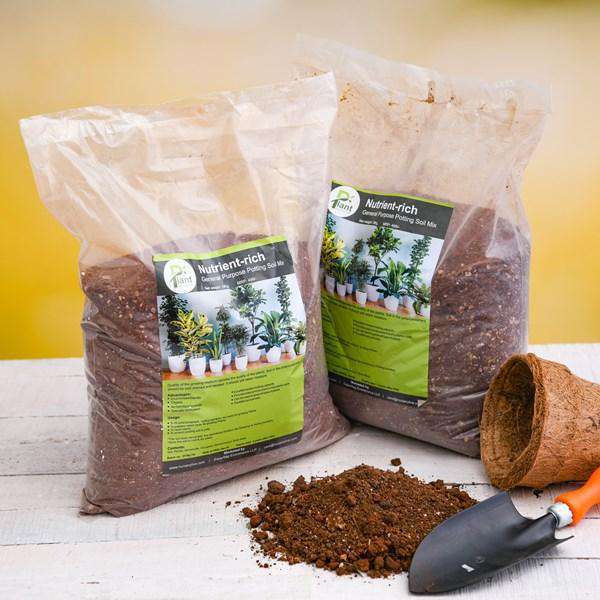
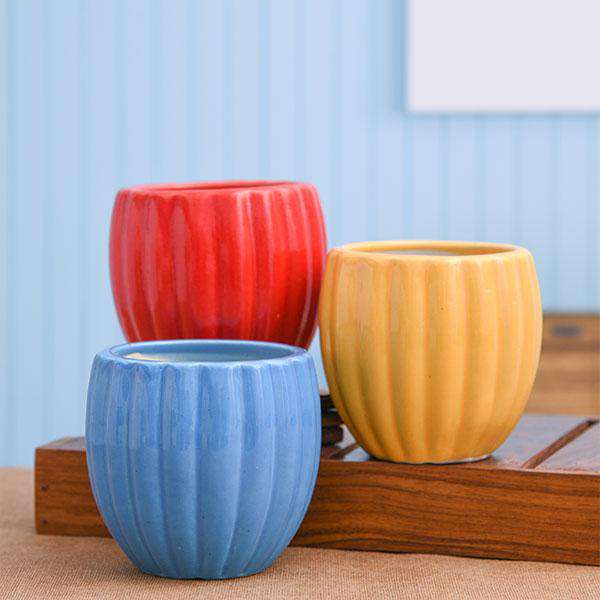

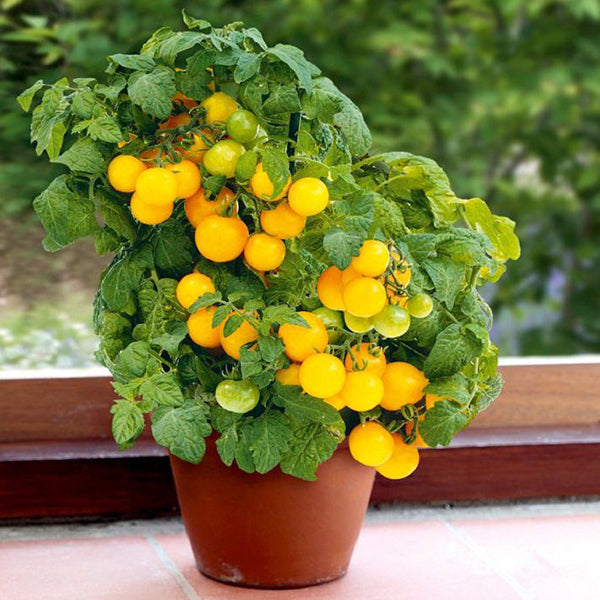


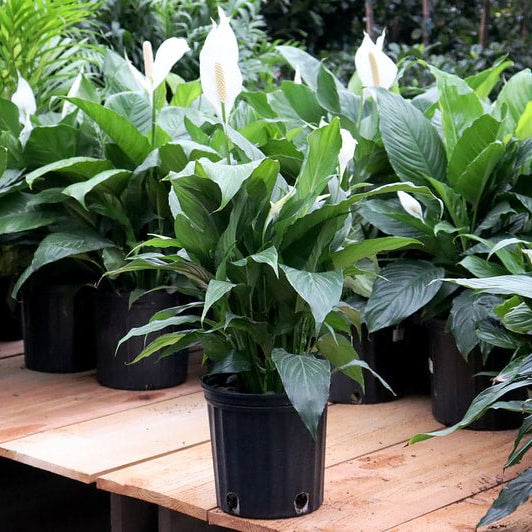

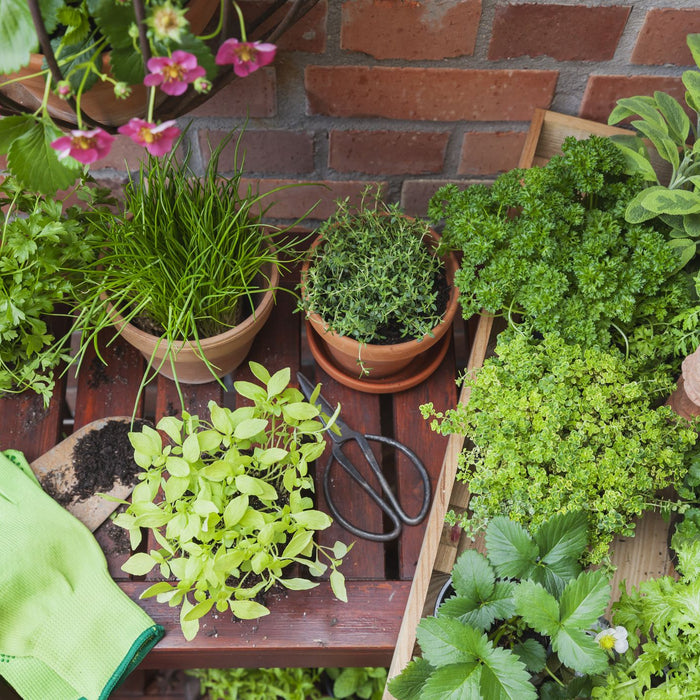
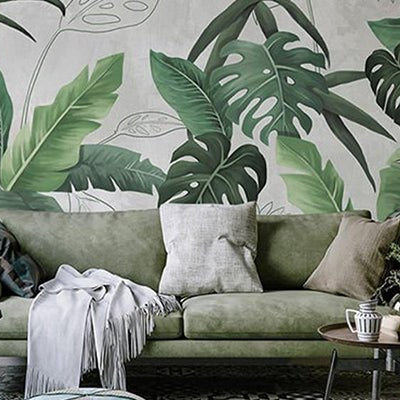

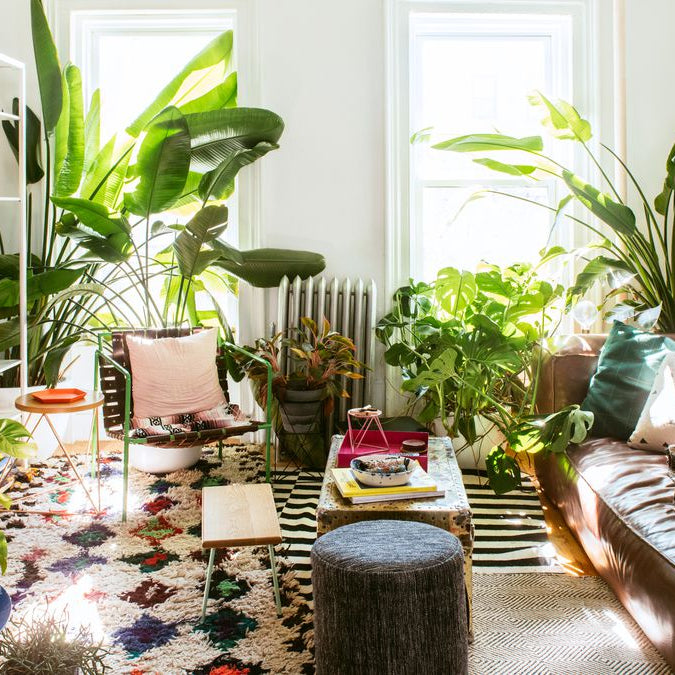
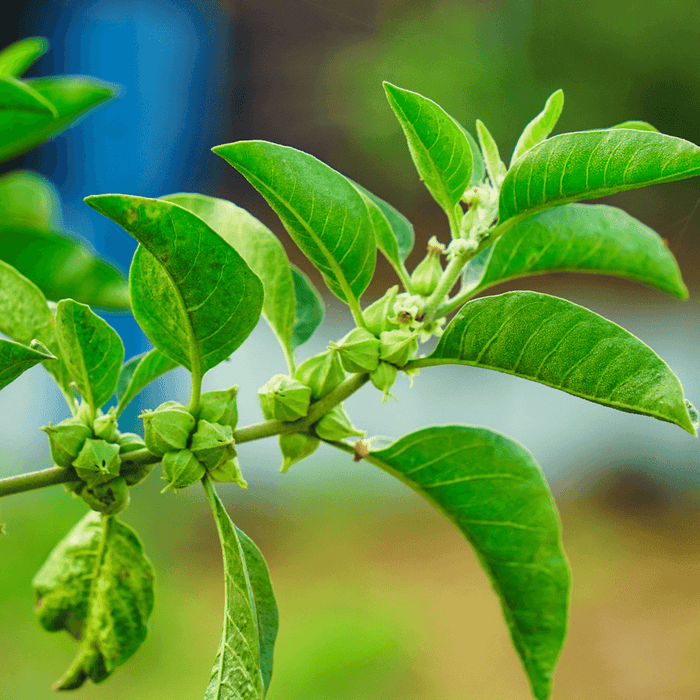


Leave a comment